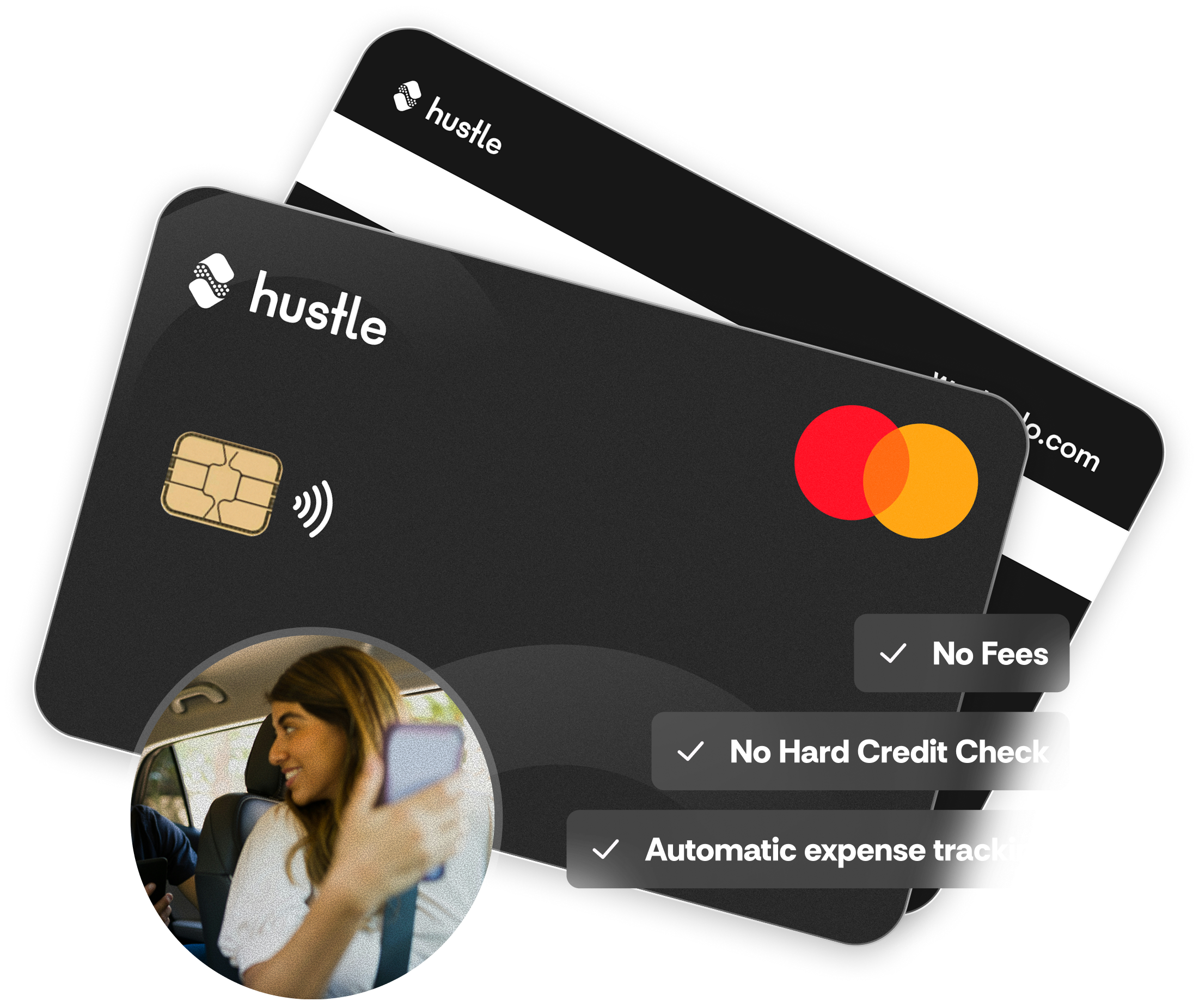When you're on your financial journey and working to build your credit, it's important to understand how different types of credit checks can affect your credit profile. Credit checks are commonly called “inquiries” or “pulls”, so these terms may be used to describe credit checks in financial literature.
Not all inquiries are the same. There are two main types of inquiries or credit checks: hard inquiries and soft inquiries. Knowing the difference can help you make smarter financial decisions, especially when applying for tools like the Hustle Card by Solo, which only involves a soft inquiry.
Keep reading to learn more about the main differences between hard inquiries and soft inquiries and how they may impact your credit score.
Ready to take control of your credit future? To begin your journey toward stronger credit and greater financial freedom, simply apply today to get started.
What Is a Hard Inquiry?
A hard inquiry happens when a lender or financial institution reviews your full credit report as part of a lending decision and their credit check appears publicly on your credit history
This often occurs when you apply for a loan, mortgage, or certain types of credit cards. Because hard inquiries suggest that you're seeking new credit, they can have a small, temporary impact on your credit score.
Key facts about hard inquiries:
- They are visible to other lenders who review your credit report.
- They may slightly lower your credit score for a short period.
- Multiple hard inquiries in a short time frame may have a compounding effect.
Hard inquiries may stay on your credit report for a couple years, but their impact on your score usually diminishes within several months.
What Is a Soft Inquiry?
A soft inquiry happens when your credit report is checked but the credit check does not appear publicly on your credit report. In case of a soft inquiry, the lender or financial institution is receiving less than your full credit report. . Soft inquiries occur in situations like checking your own credit, background checks by employers within certain professional sectors, or pre-qualification offers. Importantly, soft inquiries do not affect your credit score.
Key facts about soft inquiries:
- They are visible only to you, not to other lenders.
- They should not have an impact on your credit score
- They are a normal part of building and maintaining credit responsibly.
When you apply for the Hustle Card by Solo, only a soft inquiry is made. That means you can take steps toward further establishing your credit profile without worrying about your application impacting your current score.
Why Does the Difference Matter?
Understanding the difference between hard and soft inquiries can help you manage your credit profile more effectively. Limiting unnecessary hard inquiries and choosing financial tools (like the Hustle Card by Solo) that use soft inquiries can help you protect your credit score while still making progress toward your financial goals.
Being mindful about inquiries is especially important when you're just starting to build credit or working to improve your score. Every positive step, including careful application choices, helps you maintain a healthy and resilient credit history over time.
Build Credit with Confidence Using Hustle Card
The Hustle Card by Solo is designed to help you establish your credit with no hard inquiry required. By using your Hustle Card, you may establish a strong credit profile without the worry of unnecessary impacts from your application.
Take control of your financial future with smart, informed choices and start with a tool built to support your goals.
Have questions? Our support team is here to help.
On-time payment history may have a positive impact on your credit score. Late payment may negatively impact your credit score. We report payment history to Experian, Equifax and TransUnion. Credit impact may vary based on a number of factors including your activity with other financial services organizations.
The Hustle Card and related banking services are provided by Cross River Bank Member FDIC. Upward Financial Inc. is a technology services provider and the administrator of the Hustle Card program. Deposits FDIC-insured up to $250,000 through Cross River Bank. Line of credit is not a deposit product. Cards may be used everywhere Mastercard is accepted.

